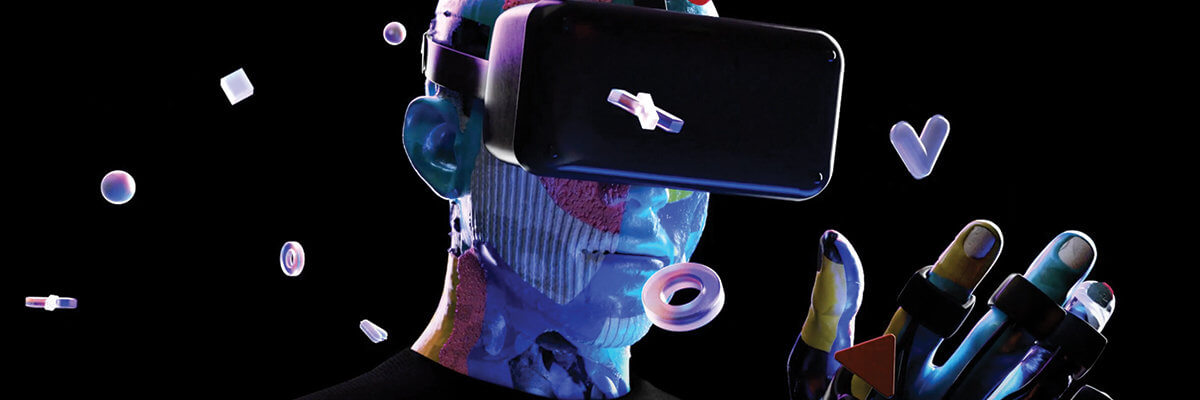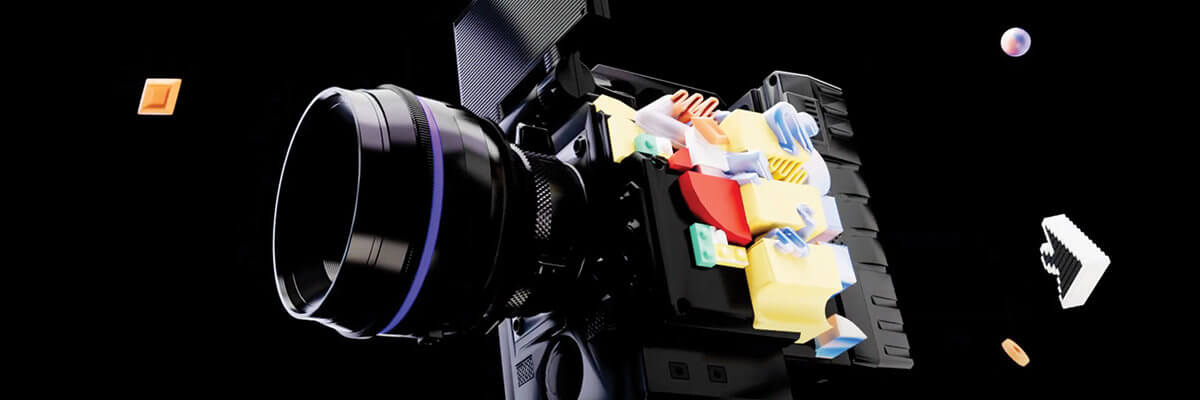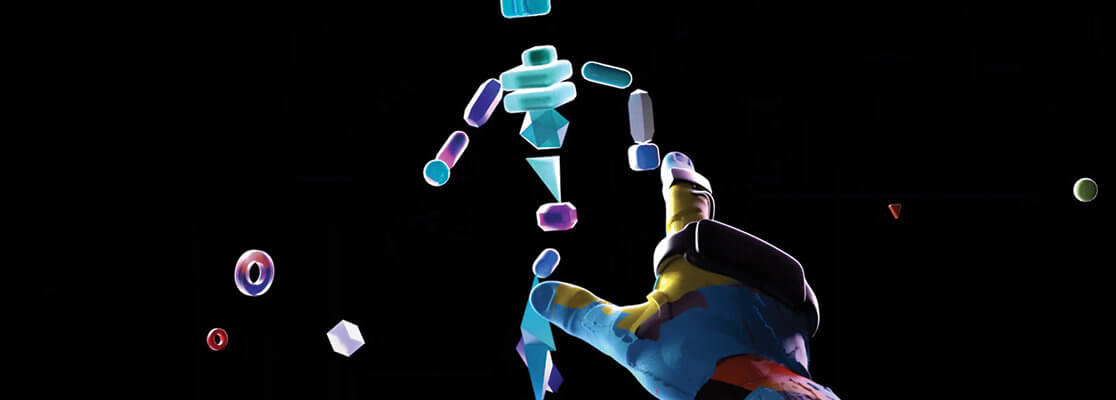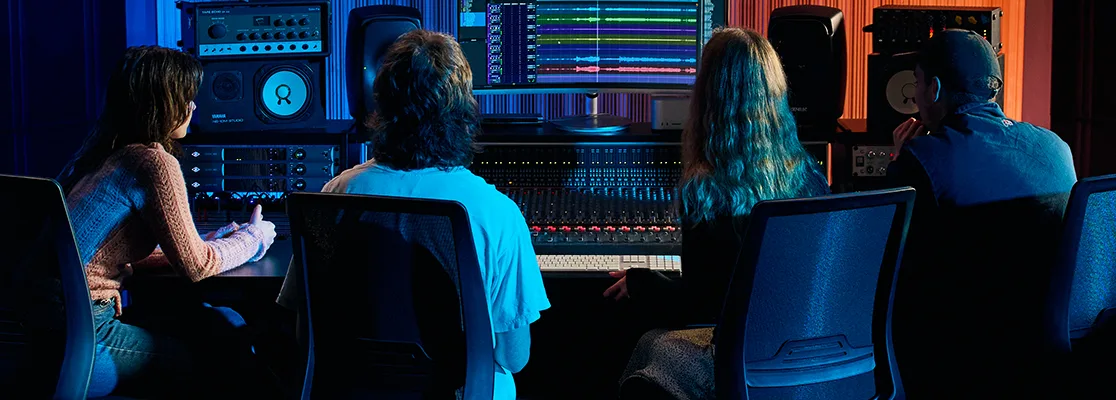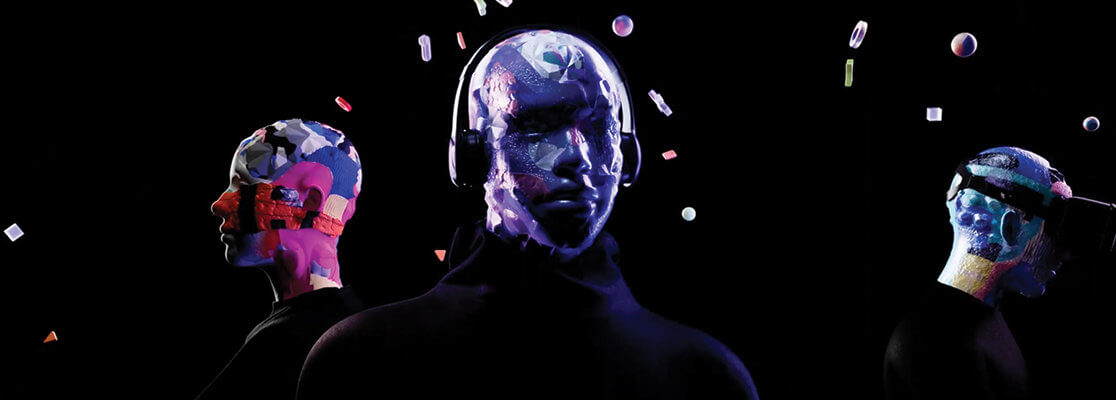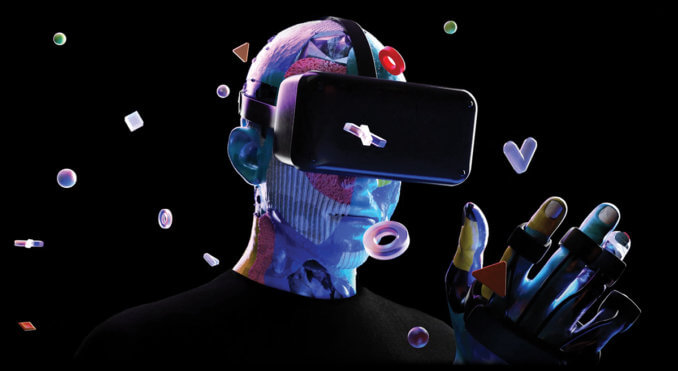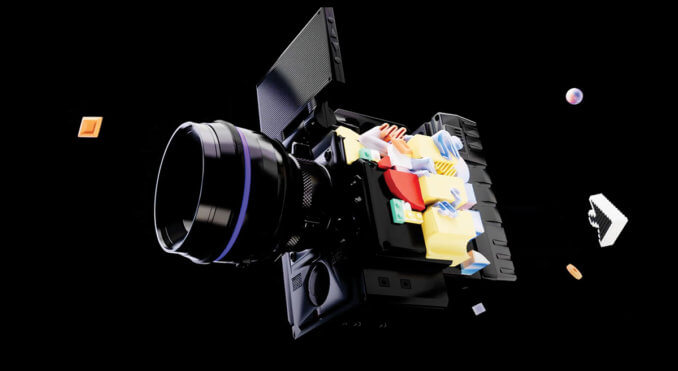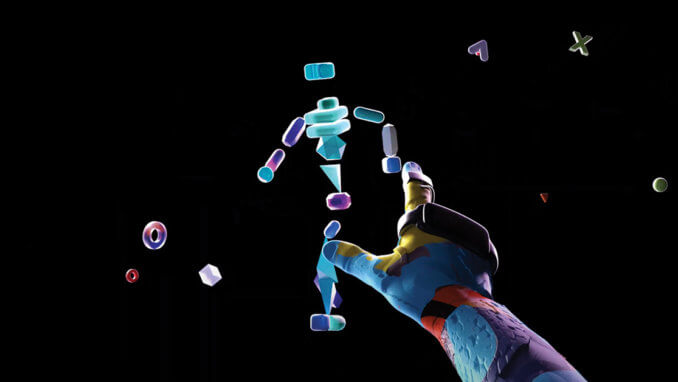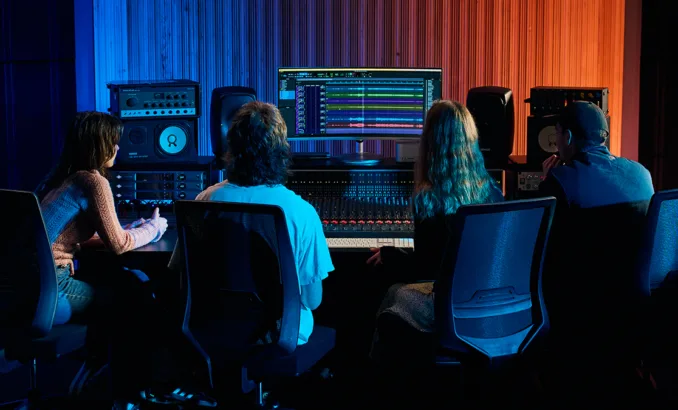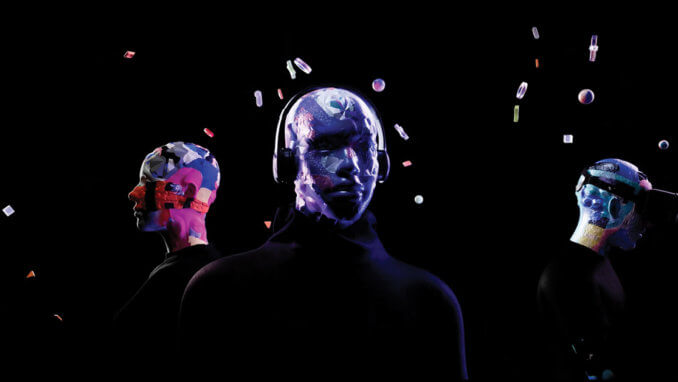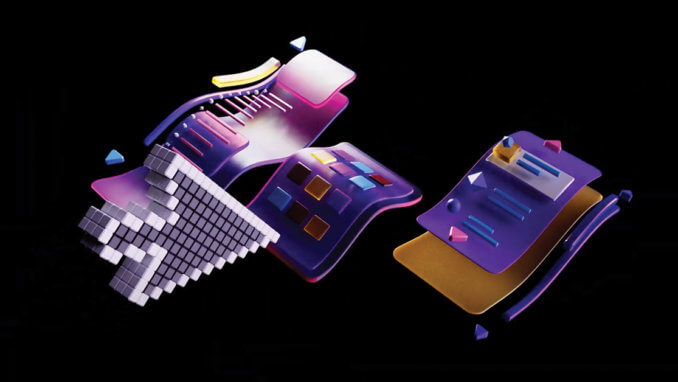LUKE ELLIOTT
SOUND ENGINEER / INVENTOR & CREATOR OF AUDIO DEVICE, PITCHI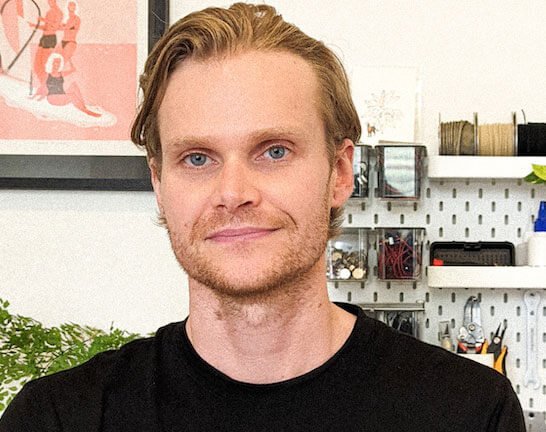
Bio
Guitar and sound engineer Luke Elliot has developed a unique fixed recording device, with funding from the City of Melbourne, to capture the sounds of Melbourne’s landmarks.
Pitchi enables users to create their own personal messages and sounds at landmarks in the heart of Melbourne.
With just four nobs to play, record, adjust the pitch, and loop the recording, Pitchi is a nostalgic throwback to analogue technology of the past.
“I wanted to create something that was a bit like an instrument, was interpersonal, but also kind to users,” Luke explained.
“People can speak or sing a message directly into the inbuilt microphone. They can then play the recording back once or choose to loop it. It can also be a lot of fun to experiment and change the pitch by speeding it up or slowing it down!
“When the next person records a message, the previous recording is wiped from Pitchi’s memory, which adds to the spontaneity of it, I think.”
The compact plastic box, which is similar in size to that of a mobile phone from the 90s, was borne out of the skills Luke uses as a guitar technician.
“I was wiring a lot of guitars and playing around with different electronics, and that gave me the confidence to start designing circuits, solder things and come up with the idea for a device which users could use to link their everyday interactions.”
After spending eight months developing a circuit, Luke produced what would later become Pitchi.
“There was definitely a lot of trial and error, where things would catch on fire – I felt a bit like a mad scientist. After a while, I found out what sort of components I needed for it to work.”
Luke said the inspiration for the name, Pitchi, was brought about through analogue technology. “It’s about being able to manipulate the sound and pitch, like you would through an old school tape machine.”
Luke graduated from SAE Melbourne with a Diploma of Sound Production, and said the knowledge he learnt gave him the skills for a career in sound engineering.
“It was a very hands-on course with the equipment I got to use, and gave me the scope to take on projects that I wanted to pursue,” he said.
“Getting the chance to collaborate with other students on your course and in other disciplines was really useful as well; it was a great insight into the audio industry.”

